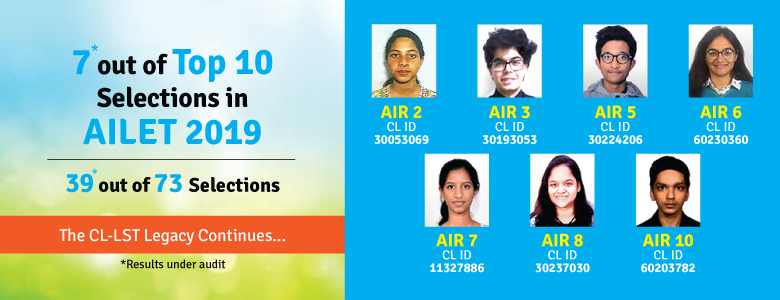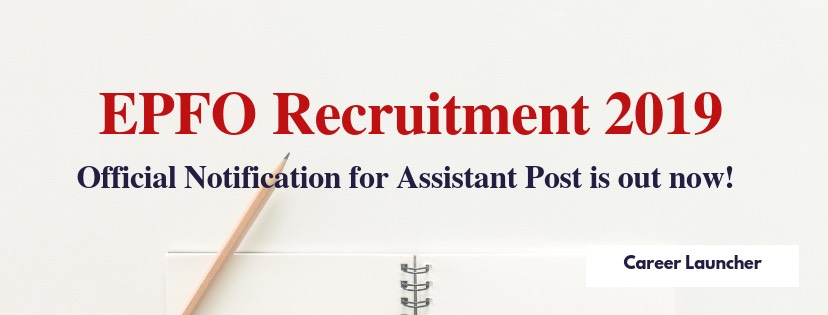NTA has officially released the answer keys and the same is available for download on ntaneet.nic.in. Students can login to the official website, check the respective answer keys and submit objections if any.
The facility to check NEET answer key and submit objection will be available till 31st May 11:50 pm. As per NEET official notice, the candidates are required to pay a sum of Rs 1000 as processing fees for each question challenged. The payment of the fees needs to be made through Debit/Credit Card/Net Banking. The processing fees would be refunded if challenge is found to be correct. No challenge would be entertained without receipt of processing fees.
Doubtful Questions
There are three questions about which doubts are being raised and students are saying that NTA official keys are wrong. There are 3 such questions in Biology.
Question No 1: Cells in G-O phase
- Enter the cell cycle
- Suspend the cell cycle
- Terminate the cell cycle
- Exit the cell cyle
The correct answer for this question is option b) not d) as claimed by a lot of coaching institutes. This question was also asked in WBJEE few years back. Answer key provided by NTA is perfectly okay here.
Question No 2: Which of the following statements is correct
- Cornea consists of dense connective tissue of elastin and can repair itself.
- Cornea is convex, transparent layer which is highly vascularized.
- Cornea consists of dense matrix of collagen and is the most sensitive portion of the
- Cornea is an external, transparent and protective proteinaceous covering of the eye-ball.
The correct answer for this question is c) as well as d). Official answer-key released by NTA is c) and so, students can challenge the official key released for this question.
Question No 3: Consider the following statements:
- Coenzyme or metal ion that is tightly bound to enzyme protein is called prosthetic group.
- A complete catalytic active enzyme with its bound prosthetic group is called apoenzyme.
Select the correct option.
- A is true but B is false
- Both A and B are false
- A is false but B is true.
- Both A and B are true.
NTA official key for this question is 1) as opposed to answer provided by coaching institutes which is 2). In this case too, answer provided by NTA seems correct and challenging it would not yield much benefit.
Apart from this, there are few other questions too about which objections are being raised. But, they seem okay on closer scrutiny and so, there won’t be much benefit in challenging those questions.
How to Challenge NEET 2019 Wrong Answer Keys
Students can challenge the wrong answer key by the end of today. This would be reviewed by the expert committee and if the objections are found to be true then revised answer keys would be released. The score of the candidates would be calculated based on the final score key.
Steps to challenge NEET answer Key 2019:
- Login to the official website of NEET with registration number and passwd
- Select the question booklet code
- Choose the question number and answer option to challenge
- Give your comments for challenge answer
- Pay Rs 1000 for each challenge question through online payment gateways





























































